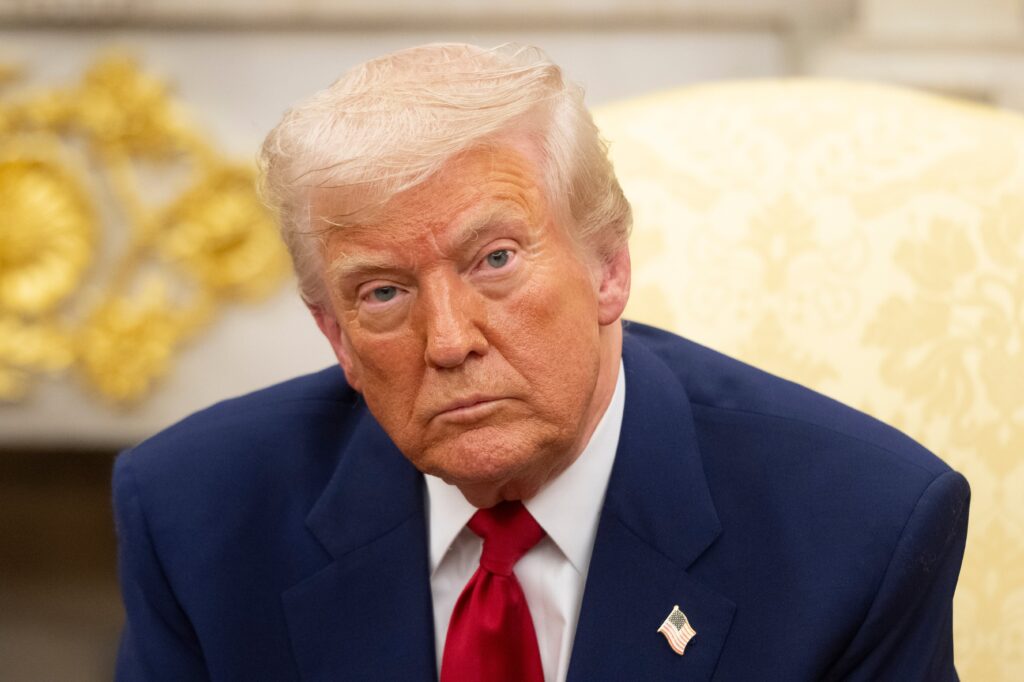President Trump publicly demanded that Attorney General Pam Bondi prosecute figures he calls his enemies.
He named James Comey, Adam Schiff, and Letitia James, claiming they were “all guilty” and must face charges.
Trump told reporters, “They have to act. They have to act fast.”
Public Orders Break Justice Department Norms
Trump’s social media posts represent a direct interference in prosecutorial decisions.
The demand followed the firing of U.S. attorney Erik Siebert, who did not charge Comey or James.
The president plans to nominate Lindsey Halligan, his personal legal team member, to Siebert’s former post.
Halligan has never worked as a prosecutor.
Pressure Extends to Other U.S. Attorneys
Officials reportedly pressured Maryland U.S. attorney Kelly Hayes regarding investigations into Schiff and John Bolton.
Hayes has resisted acting without evidence and authorized a warrant only for Bolton’s home.
Escalation of Political Influence in Justice System
Trump’s moves echo earlier purges of Justice Department and FBI officials who investigated him.
He continues to seek retribution for past indictments and investigations.
The interference undermines the independence of U.S. attorneys’ offices, which handle daily federal prosecutions.
Historical Comparisons Highlight Severity
Past political meddling in U.S. attorney offices caused resignations and scandals, including under Attorney General Gonzales in 2006.
Trump’s public demands signal an unprecedented willingness to override long-standing Justice Department protocols.
Critics warn this threatens the impartial administration of criminal law across the country.


